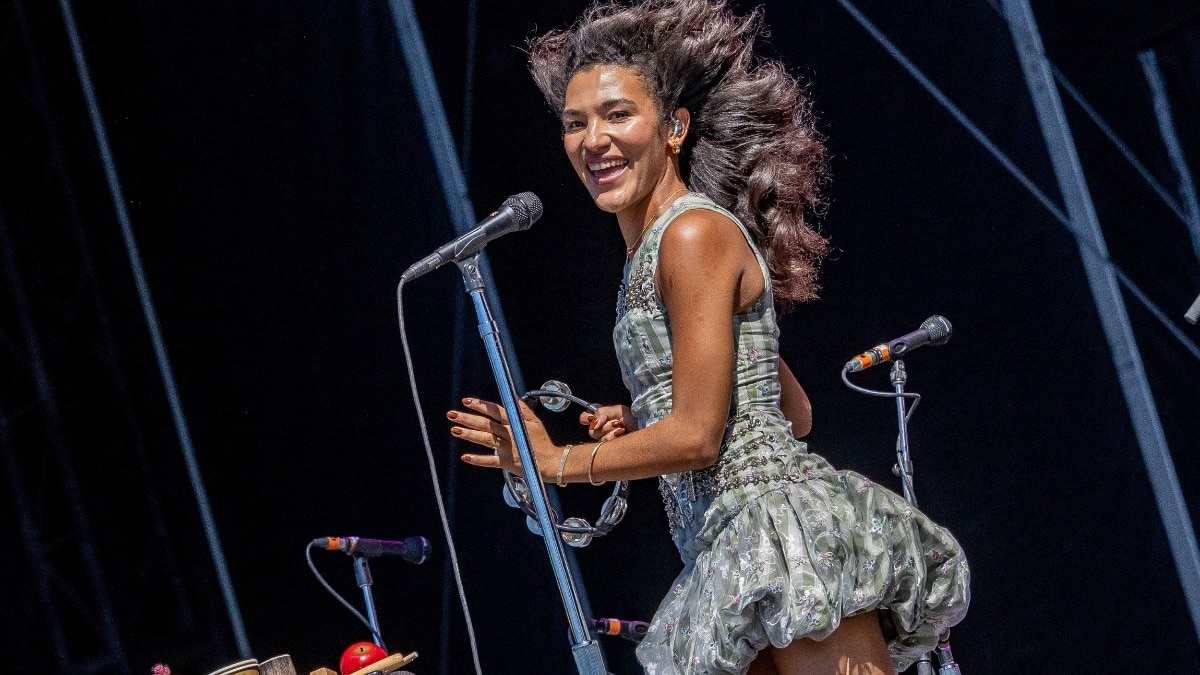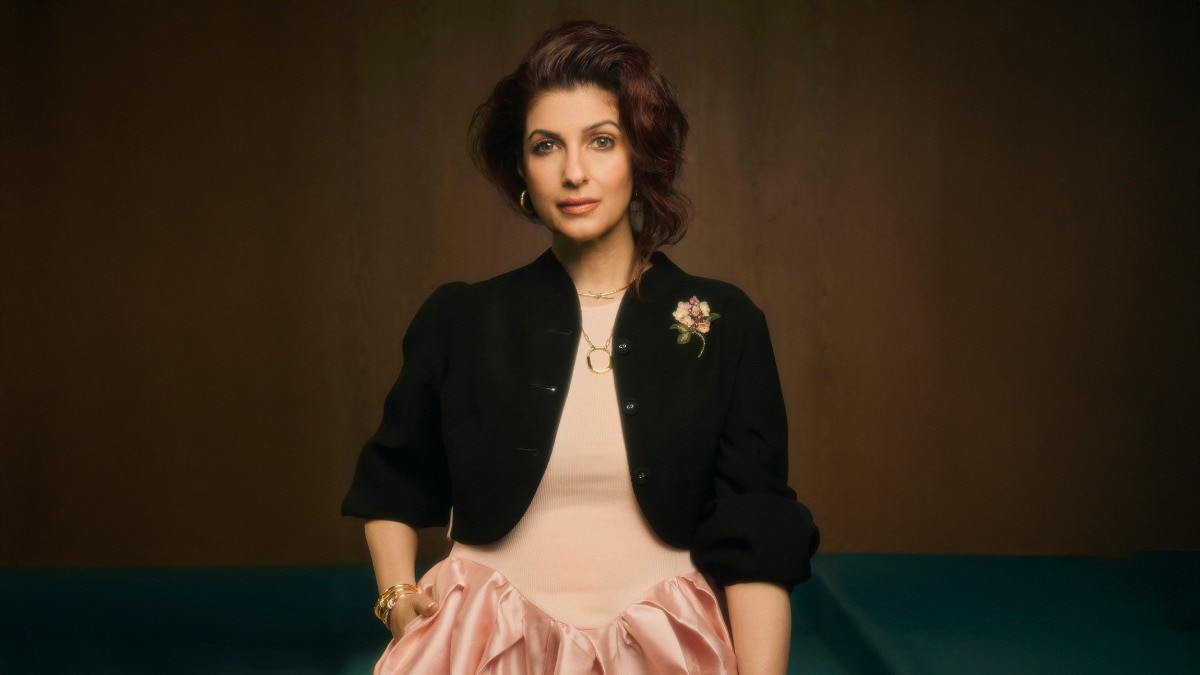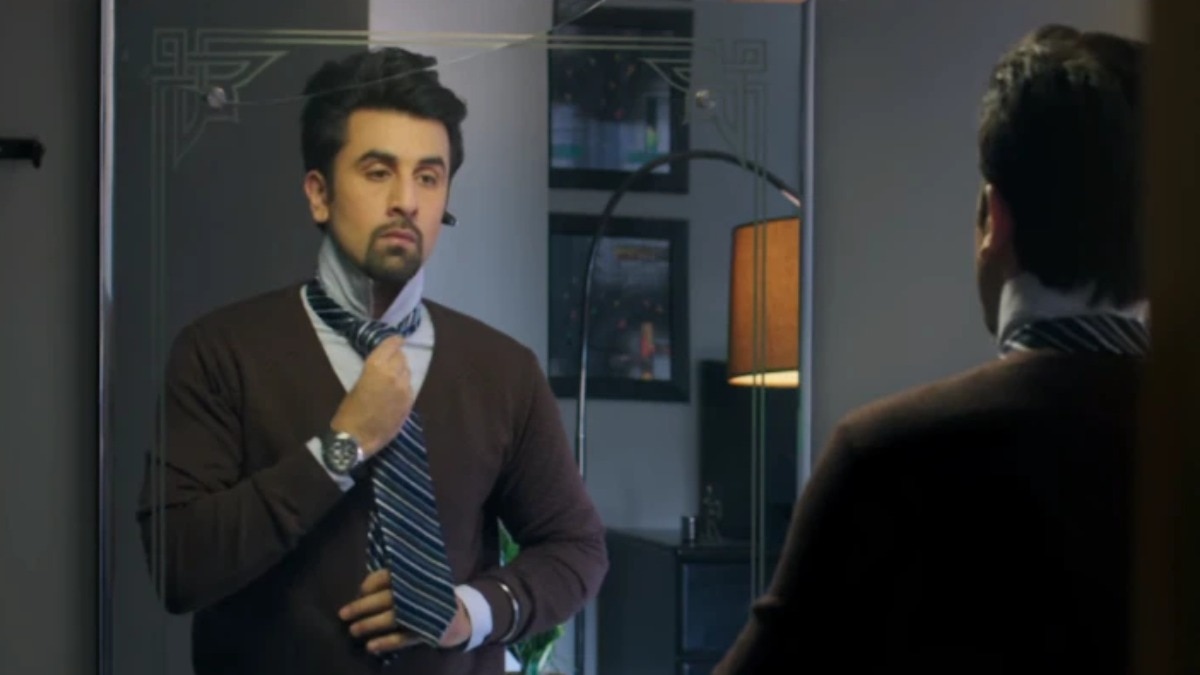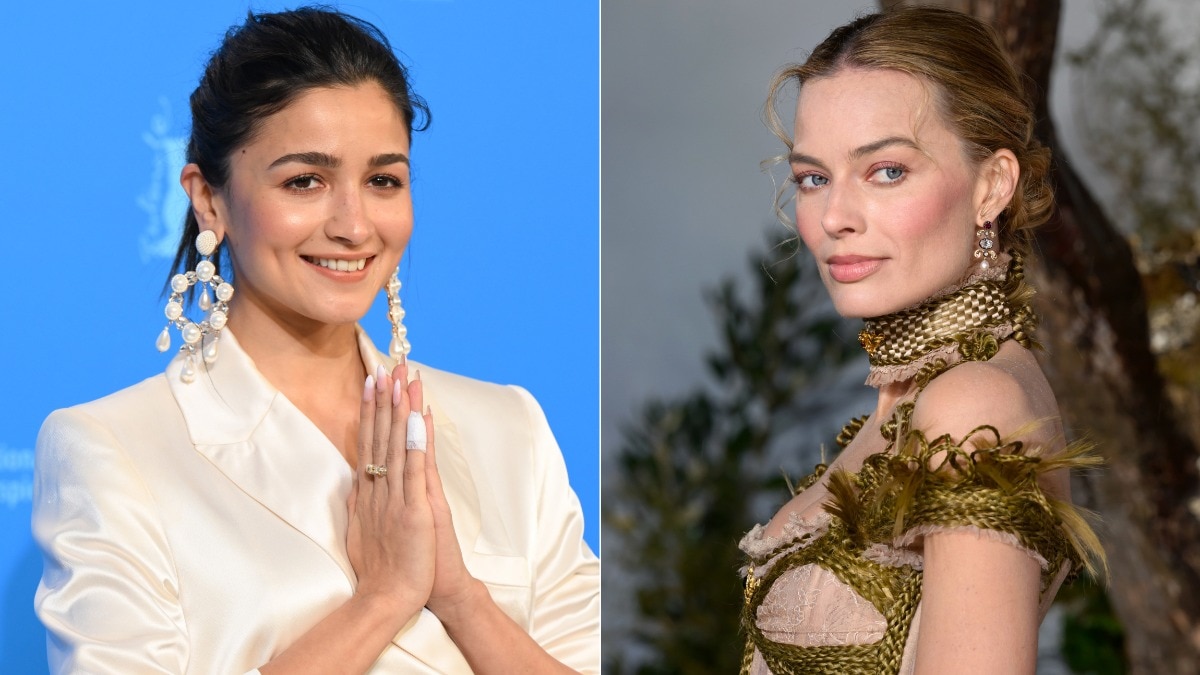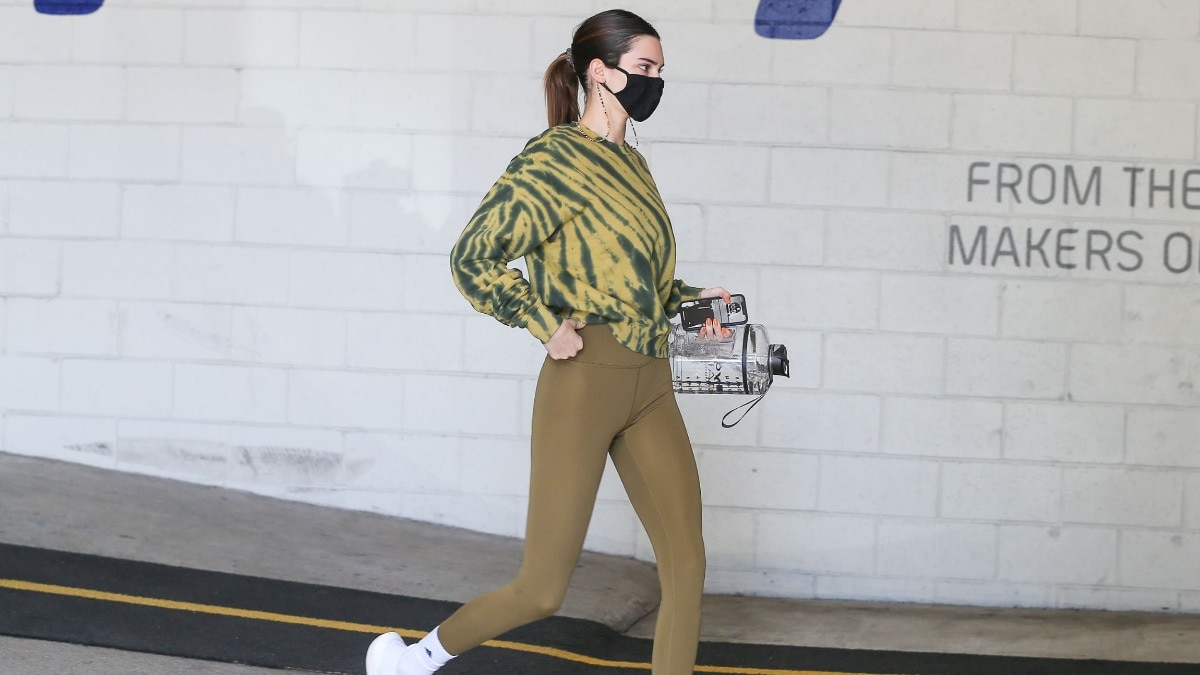
A chameleon as an actor, Manoj Bajpayee on getting into the skin of a character
In a Bazaar India exclusive, the versatile actor talks about how acting is one of the most difficult professions.


In his over three-decade career in Bollywood, Manoj Bajpayee has played a variety of critically acclaimed roles. From Bhiku Mhatre in Ram Gopal Varma’s Satya to Sardar Khan in Anurag Kashyap’s Gangs of Wasseypur, Bajpayee’s characters have remained etched in the minds of viewers. His latest film Sirf Ek Bandaa Kaafi Hai that premiered on Zee 5 has him playing the role of a small-town lawyer fighting a criminal case against a godman accused of rape of a minor. Bajpayee, who is known for getting into the skin of his character, speaks to Bazaar India about his new film, his creative process, and how Bollywood has changed over the years.
Harper’s Bazaar: In Sirf Ek Bandaa Kaafi Hai, you are playing the role of a lawyer struggling to find justice for a young girl. How did you prepare for the role and were there any challenges that you faced?
Manoj Bajpayee: Preparing for a role is all about the script. You always go back to it. You try to find out the backstory from the script and then use your imagination to sketch a character. It’s about your own interpretation. If the role is given to 50 different actors, all of them will perform it differently. And at the end POINTS Talking of the day, it is the interpretation for which the actor is criticised, or appreciated. So I try to find my own interpretation. Every role is a challenge. Trying to get into the flesh and blood of a character and then behave according to its demands is very difficult. I always say that acting is the most difficult job because you are trying to become a different human being altogether, whose brain functions in a different way. It can take up to three months to get into the character depending upon the role. So yes, Solanki, the character that I have played, had its own challenges. Apart from the external challenge, which is about the body, about how you look and how you speak, the struggle is always to find the internal self of the character.
HB: Considering a minor is involved, how important is it to tell a story like this?
MB: A child is a vulnerable person, and children’s safety and security in our country is mostly ignored, not only by the authorities, but also by the society, and very sadly, also by the family. In 95 per cent cases, the danger comes from people who are known to the minor. So, in this case, it was talking more about the POCSO Act and how it was invoked by the justice system. The lawyer’s journey was to counter all of that and fight against all the big lawyers of this country. It goes on for five, six years. Finally he gets justice for the child. So it’s very important.
HB: When you heard the script, what attracted you to it to say yes to this project?
MB: When you look at the script, you always look at the drama part of it first. And the reasons are always very personal, and very selfish, for any actor. I’m of the firm opinion that messages get lost if the film is not made well, and if the story is not correctly written. In Bandaa, I found the story quite meritorious. Also, we were very cautious of the fact that we were talking about a minor, and that too a girl. So we had to be very careful as it is not only a drama but also taken from real incidents.”

HB: That brings me to my next question: when you’re telling a tale based on true events, does that add more responsibility to your role?
MB: Yes, when the story is based on true incidents, there are real people involved in it. And in this case, there is a minor involved. So, we had to be very careful not to take cinematic liberty just for drama. We had to be responsible in terms of how all the aspects were well taken care of.”
HB: What other projects are you working on?
MB: There is a series by Netflix called Soup, which is directed by Abhishek Chaubey. Along with me, it has the fabulous Konkona Sen, Sayaji Shinde and Nassar sir from the Tamil film industry, and many fine actors from Kerala, Andhra, and Karnataka. I’m really looking forward to that one. Netflix has to announce the release date for it.
HB: You’ve been in the industry for a while now, how has it changed and how have you adapted to it?
MB: I came to Bombay in 1993 and shot for Shekhar Kapur’s Bandit Queen. Over the past, three decades, I have seen the industry move from being a very disorganised one to an extremely organised one. An industry which never depended on the script, now has a script for every, good, bad, and ugly film. So, it has changed quite a lot. Now we are corporatorised. There is a contract which goes to various lawyers for proofing. Earlier films were made with passion, now they are made with data and surveys. Every phase has its own advantages and disadvantages. But I like the fact that the industry has become far more professional today.

